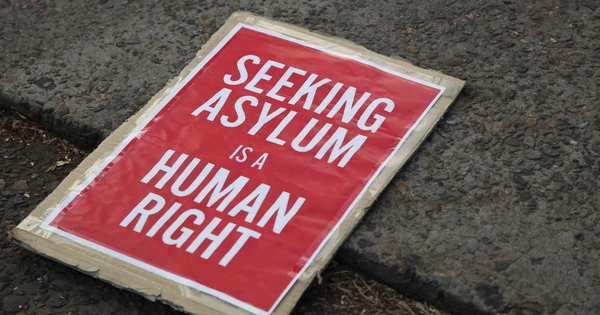The right to asylum is an ancient legal concept under which people persecuted by their own rulers may be protected by another sovereign authority, such as a second country or another entity that could offer sanctuary in medieval times. It is also known as the right to seek asylum and is a fundamental human right that is recognized globally. It protects people fleeing persecution, violence, or serious human rights violations in their home countries. This right entitles such people to seek refuge and protection in another country.
This right was recognized by the Ancient Egyptians, the Greeks, and the Hebrews, from whom it was adopted into Western tradition. René Descartes fled to the Netherlands, Voltaire to England, and Thomas Hobbes to France, because each state offered protection to persecuted foreigners.
Asylum seekers are people who have fled their home countries in search of safety in another country. They frequently fear persecution because of their race, religion, nationality, political beliefs, or membership in a specific social group. Seeking asylum is an important way for these people to avoid harm and find safety.
Asylum has deep historical roots and has been incorporated into a number of international treaties and conventions. The 1951 United Nations Convention relating to the Status of Refugees (UNHCR) is the most notable. This convention defines who is a refugee and establishes the rights and responsibilities of both refugees and the countries that accept them as refugees.
When someone applies for asylum, they must show that they meet the criteria for being a refugee as defined by relevant international laws and treaties. Each country’s asylum procedures and standards for evaluating asylum claims are unique, and the process can be complicated and time-consuming.
It is critical to understand that the right to asylum exists to protect people fleeing persecution and grave dangers in their home countries. It should not be confused with economic migration, in which people seek better economic opportunities in another country rather than risking persecution or death in their home country.
Countries that respect human rights and uphold international obligations generally provide asylum seekers and refugees with legal and physical protection. However, how asylum seekers are treated varies greatly from country to country, and some countries may face difficulties in managing large numbers of asylum applications.
Asylum policies and practices are complicated issues that frequently spark debates and discussions all over the world. Balancing compassion for those seeking protection with the security and resources of host countries remains a difficult task for governments and international organizations.
















